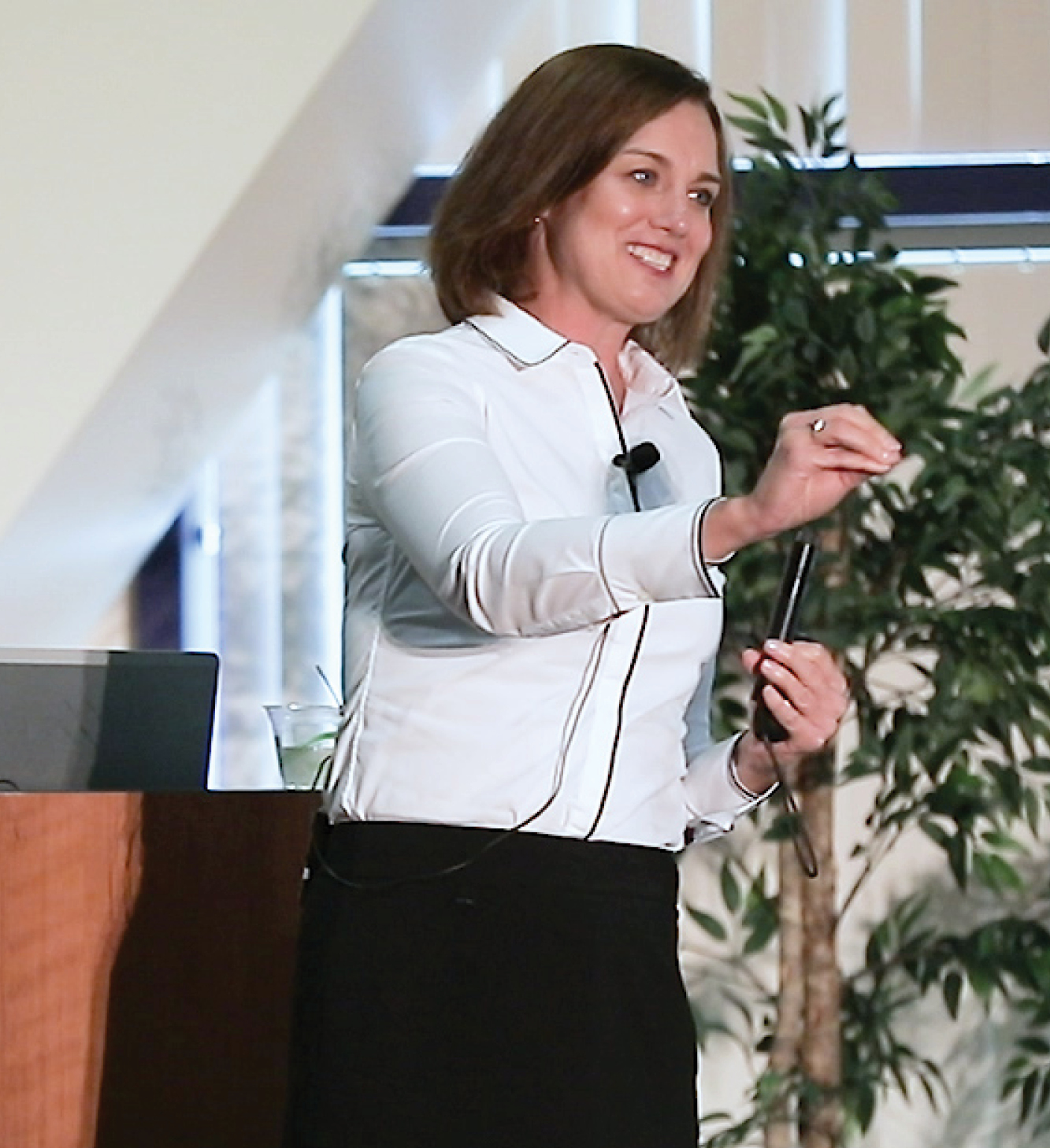Emotional Intelligence Across Cultures – The Culture Mastery Process

Guest post by Val Bath
Our ability to build culture mastery doesn’t rest only on knowing about another culture, but also on our ability to appreciate what values, habits, and behaviors affect that culture.
Given this challenging year and the need for cross-cultural understanding, the ability to regulate one’s emotions when working with others from diverse cultures is critical. The Culture Mastery 4C’s Process™ surfaces the “why” behind the cultural differences and responses. In this article, we will explore the 4 steps in the process that bring together the practice of coaching and intercultural training. The goal of the program is to teach coaches and other leaders in talent development to guide their clients on a journey from the identification of cultural preferences through the establishment of real-world solutions.
Culture consists of many things. It encompasses tangible elements such as food, language, customs, religion, and dress as well as intangible elements such as values, beliefs, and traditions. These intangible elements are often full of emotions. The emotional component frequently gets overlooked in most models and most informational cultural presentations – but that’s the one component that is the most critical when you get to the core of succeeding in another culture. This emotional undertow often makes changing and working with other cultures a struggle and will define how difficult or easy it will be for anyone to adjust to the habits and behaviors of the new culture.
Culture manifests itself in the interaction between individuals. Our culture reflects both our values, our dreams, and our beliefs, and it reflects our talents, our skills, and the habits we learned from our surroundings. Similarly, our counterparts also exhibit their values, beliefs, skills, talents, and dreams, through their cultural manifestation. When we interact with each other (and if we are observant) we will discover our own values, behaviors, perspectives, and their values, behaviors, and perspectives.
Our journey to understanding another culture and to culture mastery consists of 4 phases:
4 C’s – Calculate – Choose – Change – Create
The process starts with the first C – Calculate. You calculate your preference on the continuum of each cultural variable and thus learn your own Cultural Blueprint. You then compare it with the Cultural Blueprints of your co-workers/staff/clients/ partners from another country/culture and calculate the gaps between your preferences and theirs.
The second C – Choose – takes you through the process of choosing your negotiable and non-negotiable variables. Making that choice from the perspective of your values will allow you to understand which behaviors/habits you can adjust.
The third C – Change – teaches you the process of changing your cultural attitudes, habits, and behaviors when dealing with negotiable variables.
The fourth C – Create – helps you create cultural alliances and agreements for those variables that are non-negotiable.
The following ICF coaching competencies are incorporated into the Culture Mastery 4C’s Process:
- Coaching Mindset: Remains aware of and open to the influence of context and culture on self and others.
- Co-Creating the Relationship: Seeks to understand the client within their context which may include their identity, environment, experiences, values, and beliefs.
- Coaching Presence: Is fully conscious and present with the client, employing a style that is open, flexible, grounded, and confident.
- Communicating Effectively: Considers the client’s context, identity, environment, experiences, values, and beliefs to enhance understanding of what the client is communicating.
MORE INFO ON THE CERTIFICATION
Leaders are increasingly using the Individual Cultural Blueprint Indicator (ICBI™) and the Culture Mastery 4C’s Process™ to become more inclusive and better global leaders by enhancing their cross-cultural understanding and emotional intelligence.
Cultural Awareness: Leaders are using the ICBI to gain a deep understanding of their own cultural preferences, communication style, and workstyle preferences. This self-awareness is the first step in becoming more culturally sensitive. By recognizing their own values, beliefs, and traditions, they can better appreciate the cultural differences and similarities in others.
Emotional Intelligence: The Culture Mastery 4C’s Process™ emphasizes the emotional component of culture, which is often overlooked in traditional cross-cultural training. Leaders are learning to regulate their emotions when working with individuals from diverse cultures. They understand that emotions play a crucial role in cross-cultural interactions and that being emotionally intelligent helps in bridging cultural gaps effectively.
Individual and Team Development: The ICBI is not only used for individual self-awareness but also for team development. Leaders are utilizing the ICBI to assess their team members’ cultural preferences and communication styles. This enables them to build culturally diverse and cohesive teams, improving collaboration and productivity.
Improved Adaptation to New Cultures: By recognizing the emotional undertow and the impact of habits and behaviors when interacting with other cultures, leaders are better equipped to adapt to new cultural environments. They understand that culture is not just about surface-level elements like food or language but also about the underlying values, beliefs, and emotions that shape behavior. This knowledge helps leaders adjust more effectively to the habits and behaviors of different cultures.
Leaders are using the ICBI and the Culture Mastery 4C’s Process™ to enhance their cultural awareness, emotional intelligence, and coaching skills. This empowers them to navigate the complexities of the global business environment, foster inclusivity, and lead their teams to success in diverse cultural settings.
ABOUT THE AUTHOR
Valerie Bath is a recognized authority on cultural relativism and its impact on the productivity and profitability of individuals and global organizations. She has trained consultants, coaches, and employees from multinational corporations over the past 15 years. Previously, she had a career at Accenture and as a scientific technology leader at Texas Instruments Semiconductor. In both organizations, Valerie designed and implemented enterprise-wide multi-continent systems solutions working with clients and colleagues in the US, Asia, and Europe.
For more information about the Cultural Mastery 4Cs Process: https://webinars.globalcoachcenter.com/
Here is Angie Weinberger’s testimonial on the ICBI and the Culture Mastery Certification.

